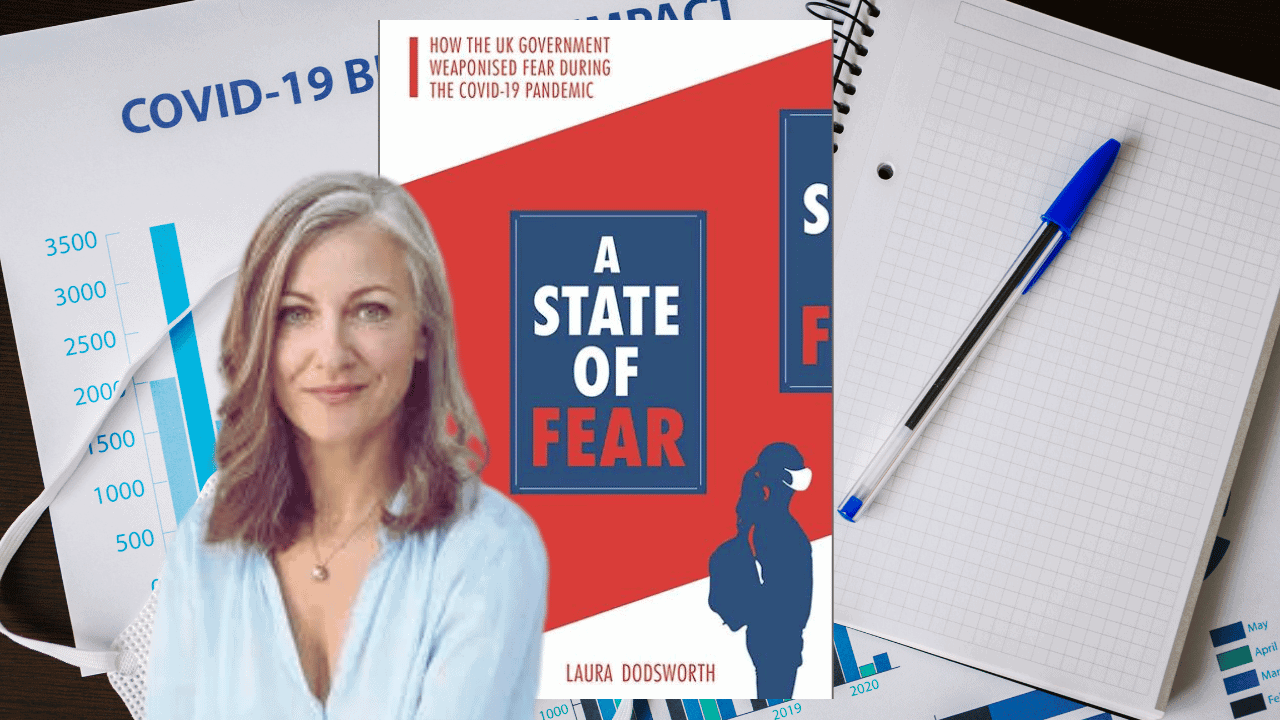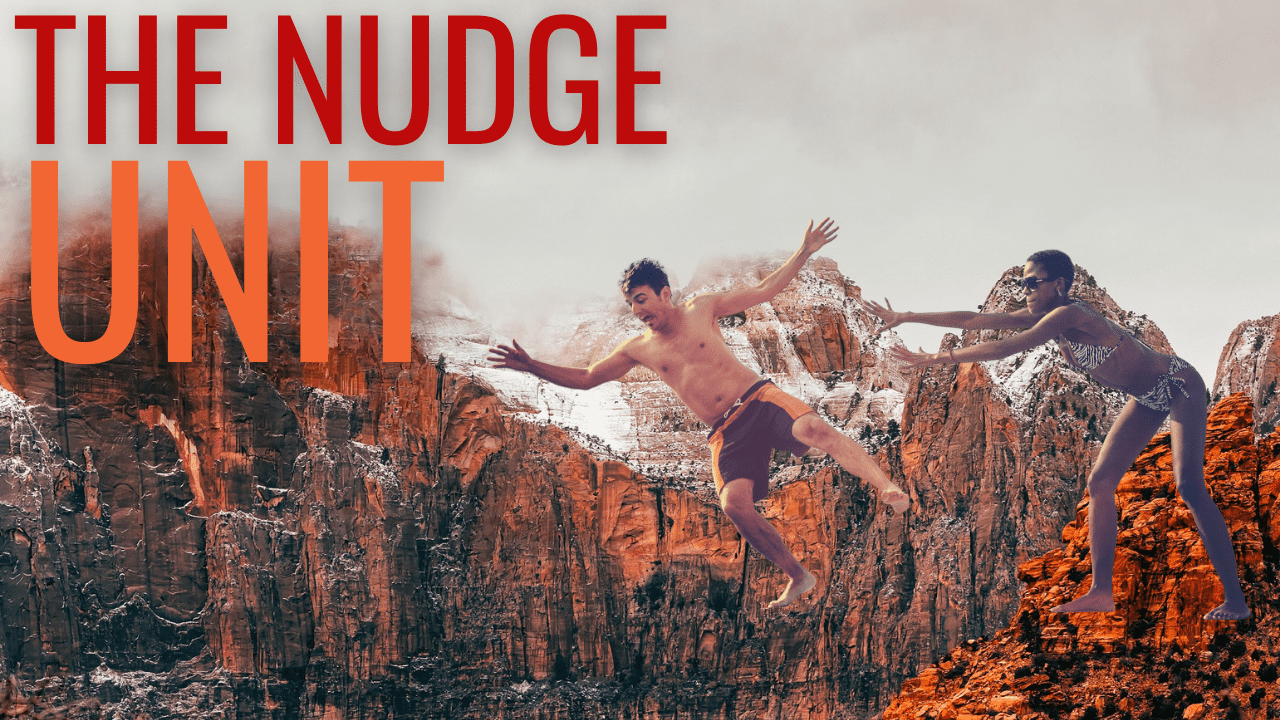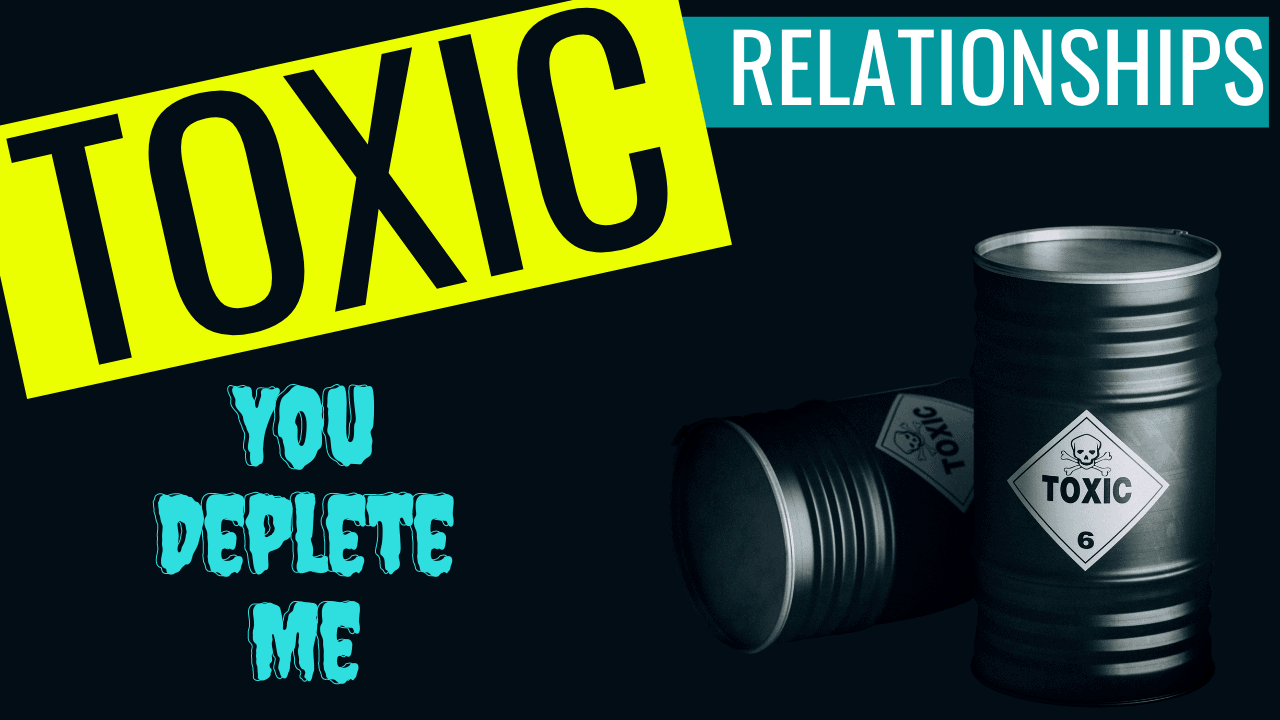Having waged military and economic warfare against the global population; having looted the earth’s resources and saddled the people with insurmountable debt, imperial interests are closing in on the final frontier: total takeover of our minds and bodies (cell-by-cell) with mRNA gene-altering “therapeutics”. Those who will not submit to joining this bioengineering program may soon find themselves locked out of a normal life. During the wall-to-wall media coverage over the last few years, did you ever stop to wonder why government officials were presenting their daily updates together with psychologists?
Big Government’s grossly unethical use of its “nudge unit” stoked waves of fear on an unsuspecting public. Fear of a virus. Fear of death. Fear of losing our jobs, our schools, our loved ones, our democracy, our human connections, our health, and even our minds. All over the world, in precision lock-step, governments weaponised this fear against their people. Fear is the currency of control. Aside from the barrage of bad-news-only data (which was heavily manipulated in a variety of ways) fear and anxiety were also generated by keeping people in a constant state of confusion. Officials gave out contradictory recommendations daily – a purposeful tactic to keep the population psychologically vulnerable. By layering confusion and uncertainty on top of fear, you can bring an individual to a state in which they can no longer think rationally. Once driven into an illogical state, you and everyone you care about are easily manipulated.
“The monsters were never under my bed because the monsters were inside my head.”
― Nikita Gill
The Fear Factory
“When we first established in the heart of the UK government, there were vociferous concerns around the potential for widespread mind control, manipulation and skulduggery. These concerns continued as we expanded our work overseas, and as other [Behavioural Insights] Units have been set up around the world.” – Dr. Rory Gallagher, Nudge Unit.
The above quote is from an article written by Gallagher who is the Managing Director for the Behavioural Insights Team’s (“BIT’s”) Australian and Asia-Pacific offices. BIT is colloquially known as the Nudge Unit. When Gallagher emigrated in 2012 from the UK’s Nudge Unit to Australia to assist the New South Wales Government in setting up their own team, he was confronted by the press. He claimed one article started with the opening line: “A REALLY bad idea is being imported to Australia.” Gallagher bravely declared he “tried not to take this personally.” However, it seems he should have because whoever wrote that article was correct.
In April 2021, dozens of psychologists accused the UK government of using “covert psychological strategies” to manipulate the public’s behaviour. They were so concerned that the British public had been the subject of a mass experiment in the use of strategies that operate “below their level of awareness” that they made a formal complaint to their professional body to rule on whether government advisers had been guilty of a breach of ethics. Everyday people have been subjected to an unevaluated psychological experiment without being told that it was happening. The intention was to steer behaviour in the direction the elite had decided, rather than establishing if it was the right thing or the ethical thing to do.

“A fish that is afraid of drowning in a river is ignorant of its gifts.”
― Matshona Dhliwayo
State of Fear
In her book, State of Fear, Laura Dodsworth details a number of branches of the British government that are using psychological warfare methods in their interaction with the public:
Behavioral Insights Team
The so-called “nudge unit,” a semi-independent government body that applies “behavioural insights to inform policy, improve public services and deliver positive results for people and communities.” This team also advises foreign nations.
Home Office’s Research, Information and Communications Unit (RICU)
Part of the UK’s Office for Security and Counter-Terrorism, advises front groups disguised as public “grassroots” organisations on how to “covertly engineer the thoughts of people.”
Rapid Response Unit
Launched in 2018, operates across the British Cabinet Office and the Prime Minister’s office (colloquially known as “Number 10” as in the physical address, 10 Downing Street in London) to “counter misinformation and disinformation.” They also work with the National Security Communications Team during crises to ensure “official information” gets maximum visibility.
Counter Disinformation Cell
Part of the Department for Digital, Culture, Media and Sport. Both monitor social media and combat “fake news” about science in general and COVID-19 in particular, with “fake news” being anything that contradicts the World Health Organisation’s guidance.
Government Communications Headquarters (QCHQ)
An intelligence and security organisation that provides information to the UK government and the armed forces. According to Dodsworth, QCHQ personnel, and even members of the 77th Brigade, have been enlisted as so-called sockpuppets and trolls to combat anti-vaccine and anti-lockdown messaging on social media.
According to Dodsworth, there are many others. In her book, she claims at least ten different government departments in the UK are working with “behavioural insights teams” to manipulate the public. Fear has long been the tool of tyrants. It’s profoundly effective, in part because it spreads from person to person, just like a virus.

“This work was strictly voluntary, but any animal who
absented himself from it would have his rations reduced by half.”
― George Orwell
Social Engineering Is Central to Technocratic Rule
Green technocrats have long relied on behavioural science to bypass democratic debate. In fact, the environment was the first area where behavioural interventions were designed and adopted in the UK. Alarmingly, Mastercard has joined forces with the UN to monitor the carbon footprint on your credit card purchases. Their new credit card called Doconomy “monitors and cuts off spending, when we hit our carbon max,” the World Economic Forum wrote on the Doconomy CO2 monitoring website. Here’s the thing: Carbon Dioxide is the gas of life. Eliminate carbon dioxide and terrestrial plants would die, as would lake and ocean phytoplankton, grasses, kelp and other water plants. After that, animal and human life would disappear. Even reducing CO2 levels by too much, say back to pre-industrial levels, for example, would have serious consequences. However, vilifying the very gas we breathe out is the new wave of colonisation into carbon slavery.
More CO2 means larger flowers and more of them; higher seed mass and germination success; as well as improved plant resistance to droughts, diseases, viruses, pathogenic infections, air pollutants, and salt or nitrogen accumulation in soils. Higher CO2 levels also improve plants’ water use efficiency – ensuring faster and greater carbon uptake by plant tissues, with less water lost through transpiration. Industrialisation started the process of severing humanity’s connection to our food and the land on which it’s grown. Now, with digitalisation, the techloonies would like to end it forever. In an effort to drive home digital agriculture, tech giants are working to reduce life to software while advancing digital surveillance systems. A 2021 report by Counterpoint advises the EU on how to sell the European Green Deal to the public. Acknowledging that ‘there is little public consensus on climate policy’, Counterpoint claims that the Covid pandemic has ‘revealed citizens readier than they once were for profound changes’, and that ‘attitudes are most easily “refashionable” in people whose attitudes and emotions are “up for grabs”’.
“You are a manipulator.
I like to think of myself more as an outcome engineer.”
― J.R. Ward
Manipulation for Money
However, the nudging isn’t just going to stop there. Proposals for online platforms are beginning to emerge that aim to combine decentralised identifiers (DIDs used to create self-sovereign digital identities), e-government transactions, and online payment systems (including public welfare benefits) with “digital nudges” grounded in behavioural economics. Behavioural economics is the study of how psychological, cognitive, emotional, social, and cultural factors influence the economic choices a person makes. It challenges the idea of homo economicus, that people maintain stable preferences and consistently make self-interested choices in relation to market forces. The field was popularised in the US by Daniel Kaheneman and economist Richard Thaler built upon this work, winning a Nobel Prize in Economics for his research in 2017.
Thaler worked closely with Cass Sunstein, who headed Obama’s Office of Information and Regulatory Affairs. In 2008, they co-wrote Nudge, a book espousing “libertarian paternalism.” The premise of the book is that people make “choices,” but systems can be designed and implemented to encourage a preferred “choice,” generally one that prioritises long-term cost-savings. “Choice architects” create these systems and weave them into public policy. Through the strategic application of “nudges,” citizens, otherwise “irrational actors” in the market, can be guided to conform to economists’ expectations. It is through nudges that human behaviour is redirected to fit mathematical equations and forecasts.

“Because to take away a man’s freedom of choice, even his freedom to make the wrong choice, is to manipulate him as though he were a puppet and not a person.”
― Madeline L’Engle
The Illusion of Choice
If technology can be used to encourage people to make “good choices,” this begs the question, “Good for Whom?” The thing that will make a certain choice “good” is the likelihood that it will enrich social impact investors while furthering the austerity that drives reduction in public services, increases outsourcing, and fosters the creation of public-private partnerships. The desires of those needing to access services will not be factored into the computer code that sets up friction points and establishes preferred outcomes. Everyday people are simply inert, raw material to be molded for profit, by inhumane digital systems. In the nudge model, economic systems that create mass poverty are not addressed. Rather, the impetus is placed upon the individual to better navigate existing systems without really knowing what is happening.
At a breakneck pace, “innovative” programs are being incubated inside the planning and policy departments in cities all over the world by “experts” who plan to advance an “evidence-based,” “big-data,” “platform-government” agenda. While the initial program areas are strategically uncontroversial, it seems likely an “evidence-based” campaign of nudges, once normalised, will be extended into more lucrative and ethically-dubious areas like policing, health care delivery, family services, and behavioural health. Feeding this machine is our gradual yet irresistible slide into a financial world of digital economic transactions. Sometimes a nudge is actually a shove. And our government systems are being positioned for some serious shoving.
“People have a strong tendency to go along with the status quo or default option.”
― Richard H. Thaler
Digital Health Nudge
The incorporation of mHealth (mobile health) technologies is a key element to the healthcare disruption process. Increasingly, wearable technologies will transmit real-time data, surveilling the bodies of the insured. mHealth solutions are being built into healthcare protocols, so private investors will be able to track which treatments offer “high-value care.” The use of wearables and health apps also permits corporate health systems to insert digital “nudges” derived from calculated behavioural economic design, into the care provided, and monitor which patients comply, and which do not. This life datifying impact investing machine we are up against isn’t just coming for healthcare; it’s coming for ALL human service. We must begin to understand the depth and breadth of this threat in its entirety.

“Trust your instincts, and make judgements on what your heart tells you.
The heart will not betray you.”
― David Gemmell
Do NOT Give Your Decisionmaking Power Away.
The freedom to make choices is important. The life you are living right now is the sum total of every choice that you have ever made. You navigate the world and move towards your future, choice, by choice, by choice. Those choices are responsible for your current situation with money, your relationships, your health and wellness, your career and creative fulfillment, even the kind of spiritual practice you have. Do not allow fintech interests to nudge you down pathways that disempower you while lining their pockets. We have a lot more power than we have been lead to believe. We don’t often think about it, but our collective experience of reality is rooted in small personal decisions, a conglomerate of all the daily mundane choices that build up to being elements of the bigger choices that run the world. Your decisions truly do make a difference.
If you want to change your life and bring it into greater harmony with your natural state of wellbeing to ultimately make this world a better place, then you must make a set of decisions that are going to bring you into alignment with this state. For most of us, we can’t just simply make up our mind and make a different set of decisions. If this was true, we’d all completely fulfill all of our New Year’s Resolutions in record time. To make a different set of decisions often means that you have to change the stories you tell about who you are.
- People who feel lovable make a different set of decisions.
- People who feel powerful make a different set of decisions.
- People who are emotionally wise make a different set of decisions.
- People who trust themselves make a different set of decisions.
- People who feel vital and alive make a different set of decisions.
- People who feel safe being authentic make a different set of decisions.
- People who are decisive make a different set of decisions.
- People who know how to manage fear make a different set of decisions.
- People who value themselves make a different set of decisions.

“In leadership, life and all things it’s far wiser to judge people by their deeds than their speech – their track record rather than their talk”
– Rasheed Ogunlaru
Conscious Leaders Aligned Decisions
Choose to become the conscious leader of your own life and make different, more aligned decisions. This helps you bypass all the places in your personal narrative that might be holding you back from choosing things that support your growth, evolution and the expansion of wellbeing in your life. The more conscious you are in your decisionmaking, the more magic and serendipity you unlock in your life. Choose to make clear, aligned choices that allow you to serve the unfolding of an abundant life in a coherent world. A world based on love, not fear, that supports wellbeing for all life on earth. It is time to bring into the centre of our everyday life the rituals that make life sacred. Our breath … breath is what connects us to the world. Water connects us to the world. Food connects us to the world. According to the ancient Vedas, the universe is Divine, and everything therein – even the smallest blade of grass – is an expression of the Divine.
The universe exists for the wellbeing of all, but her gifts must be enjoyed without greed. Taking more than your share is theft, and will only eventually backfire. The solution to true sustainability doesn’t lie with new technology, but rather with relying on the natural “technology” that is the universe. It is by learning from the Earth that we can regenerate the Earth. We must become students of Mother Earth, not try to dominate her. When we practice agriculture in unison with the Earth’s ecological processes aligned with the ecological laws of nature and the Earth, we evolve agriculture of care for the land, and for the soil. We participate in the process of regenerating the seed and biodiversity, soil and water. This way of thinking overlays into organisations as living systems, and business as a force for good in a world that thrives. Choose today to become a conscious regenerative leader and do your part in co-creating a New Earth. Together, we rise!
“Nature resembles a printing press, not the printer. It is an embroidery, not the Embroiderer. It is passive, not active. It is a pattern, not a source. It is an order, and not the orderer. It is a law, not a power. It is a code of laws proceeding from a will, not an external reality.”
― Master Nursi






